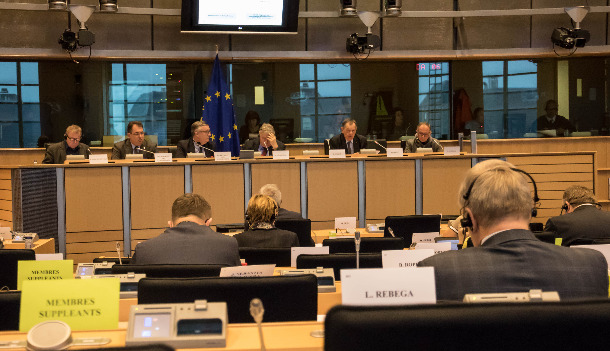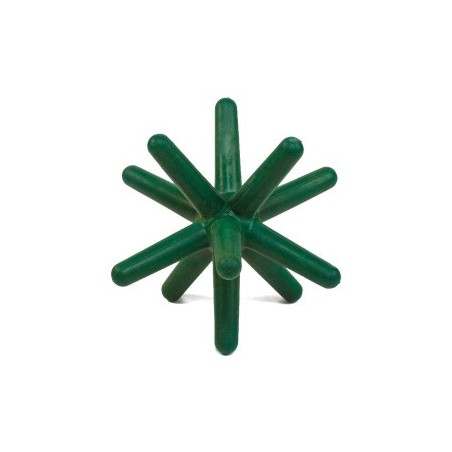Dr Bernard Vallat, Director General of the World Organisation for Animal Health (OIE), addressed the European Parliament in Brussels on 1 December 2015, in an exchange of views with the Parliamentary Members of the Commission for Agriculture and Rural Development. The presentation and discussion offered the opportunity to tackle several subjects of major importance for the definition of animal production policies in the future.


Dr Bernard Vallat, Director General of the OIE, during the hearing at the European Parliament in Brussels
The issue of animal welfare was the subject of much debate. Speakers brought up Europe’s very advanced position on animal welfare requirements, as well as the potential distortion in competition caused by the production costs in third countries. On this subject, Dr Vallat made an announcement about an OIE Global Conference to be held in Mexico in December 2016, during which a global strategy on animal welfare will be discussed for adoption by the 180 Member Countries of the Organisation, if possible. “Today, we are witnessing a strong rise in public concern for animal welfare,” Dr Vallat explained, “not only in Western countries but also in developing countries which, in the space of 10 years, have considerably raised their standards in this matter, largely thanks to the activities of the OIE.”
The importance of maintaining a tight geographical veterinary network was also pointed out; one based on highly trained and ethical professionals, ensured by the Statutory Veterinary Bodies that oversee the veterinary profession. Only this type of network enables the establishment of effective surveillance measures for early detection and rapid response to animal disease outbreaks which can endanger both domestic and wild animal populations, as well as human health. This veterinary network should also take on the task of overseeing and closely supervising the use of antibiotics in animals. Finally, in response to a specific question on the African swine fever crisis, Dr Vallat highlighted the importance of close collaboration with those on the ground – in this case, hunters – to detect outbreaks affecting wild animals as soon as possible and to regulate wild boar populations in a balanced manner.
Tuesday December 8, 2015/ OIE.
http://www.oie.int/





